Pakistan PM Imran Khan calls for early election after no-confidence vote blocked
Prime Minister Imran Khan dodged a vote of no-confidence when the deputy speaker refused to hold it, claiming there was "foreign interference".
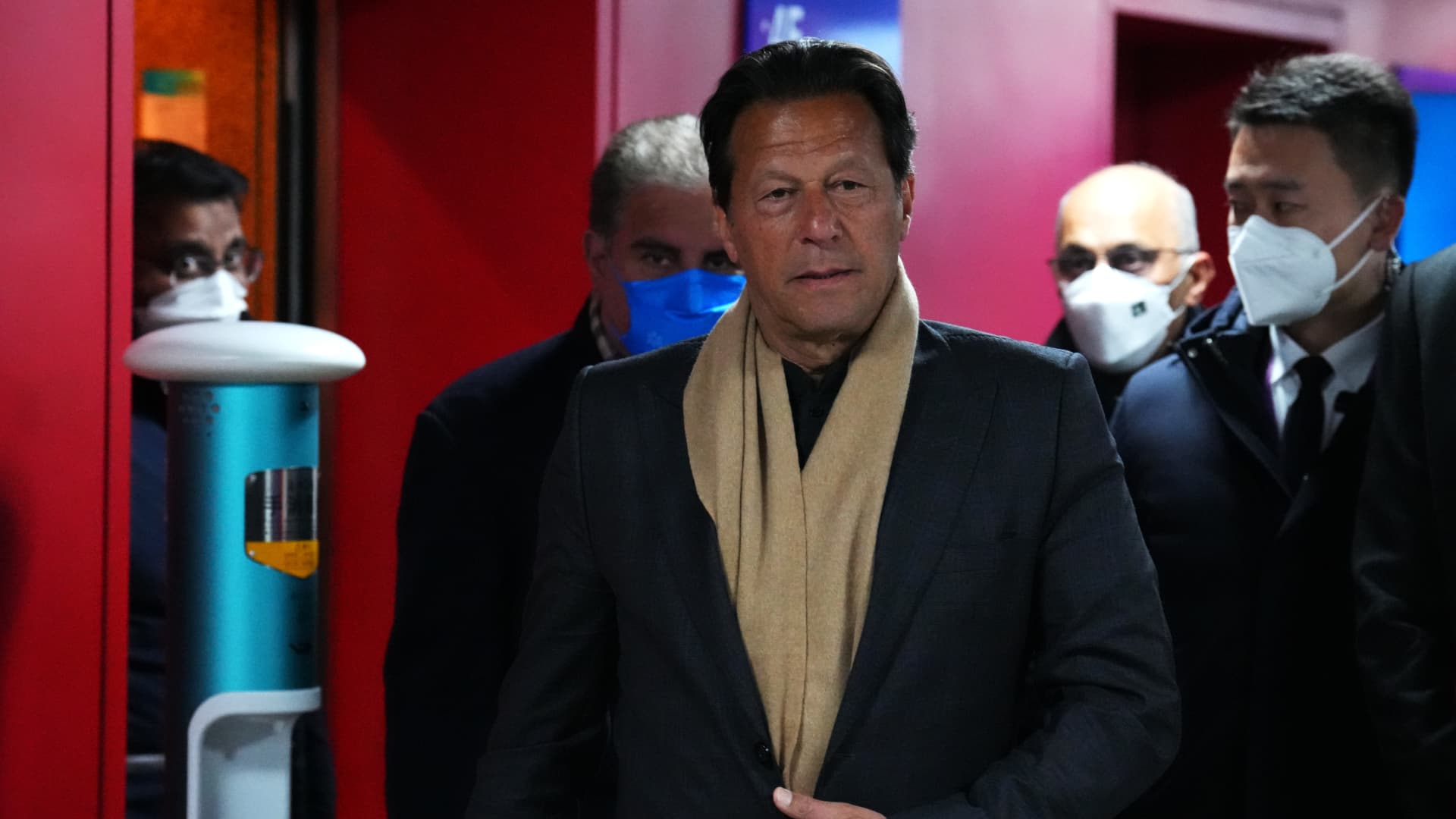
Pakistan Prime Minister Imran Khan
Carl Court | Getty Images Sport | Getty Images
Pakistan is headed for fresh elections after a dramatic day of developments plunged the country into deeper political turmoil and culminated in Parliament being dissolved.
Prime Minister Imran Khan on Sunday dodged a vote of no-confidence when the deputy speaker, a member of Khan's ruling party, refused to hold it. Qasim Khan Suri claimed there was "foreign interference" in the attempt to unseat Khan.
Opposition lawmakers condemned the move and pledged to fight the decision.
Shehbaz Sharif, thought to be one of the frontrunners to replace Khan if he were removed from power, described the parliamentary block as "nothing short of high treason."
"There will be consequences for blatant & brazen violation of the Constitution," Sharif said via Twitter, saying he hoped the Supreme Court would play its role to uphold the Constitution.
Addressing the nation afterward, Khan called on the country of 220 million people to prepare for early elections. "The public decides who they want in power," Khan said. "I want to tell the public to get ready for elections."
Khan's close aide Fawad Chaudhry defended the prime minister and asked the chair to decide on the constitutionality of the no-trust move.
Speaking to CNBC in a phone interview from Islamabad an hour before Parliament met, he said an election was on the cards.
"I think we are heading towards elections … the kind of situation we are in now, the best way is to go for a fresh mandate," said Chaudhry, who held the law and information and broadcasting portfolios in Khan's cabinet.
Asked if there was a chance that Khan could become the first prime minister in Pakistan to complete a full term, Chaudhry demurred.
The opposition had needed the support of at least 172 lawmakers from a total of 342 to oust the premier through the no-trust move. Media in Pakistan had reported that opposition parties had managed to get the support of 177 members even without counting dissidents from Khan's own party.
Chaudhry reiterated the charge made by Khan that the no-confidence vote was the result of a "U.S. conspiracy" to oust his government because of an increasingly close relationship with Russia. Khan was in Russia on the day the Ukraine invasion began.
American officials have denied allegations of a conspiracy. "We are closely following developments in Pakistan, and we respect, we support Pakistan's constitutional process and the rule of law," U.S. State Department spokesman Ned Price said Thursday.

 Astrong
Astrong 







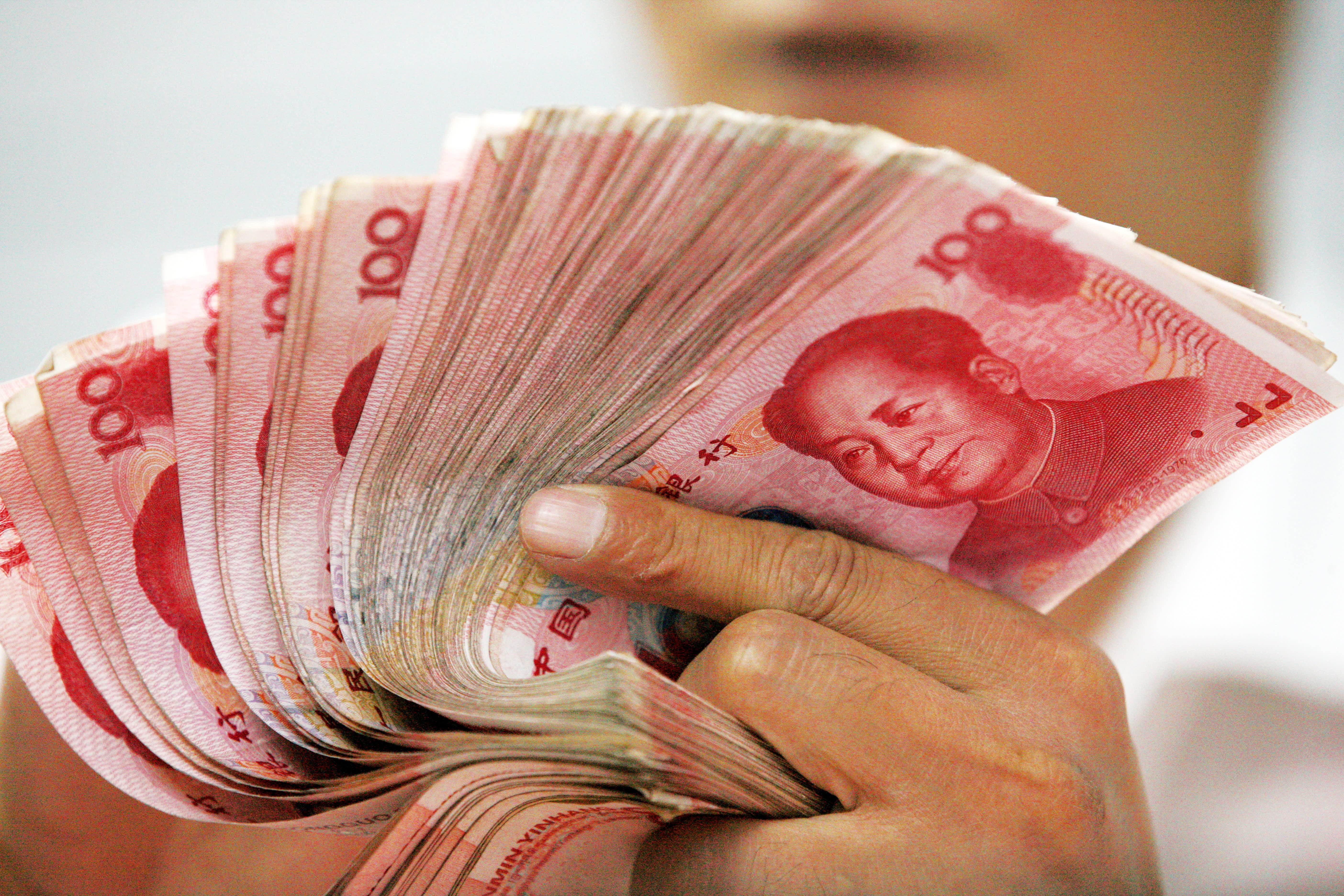
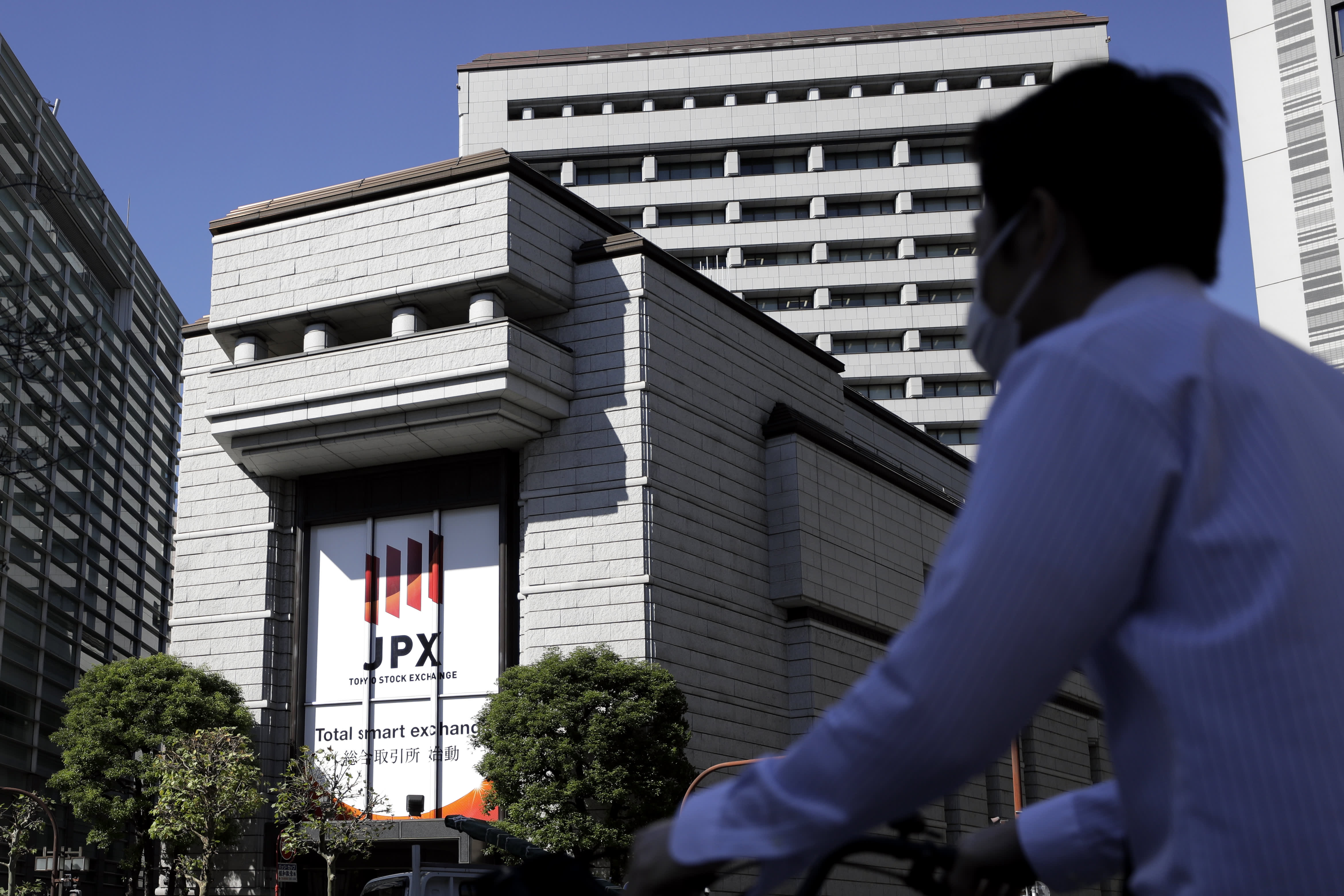
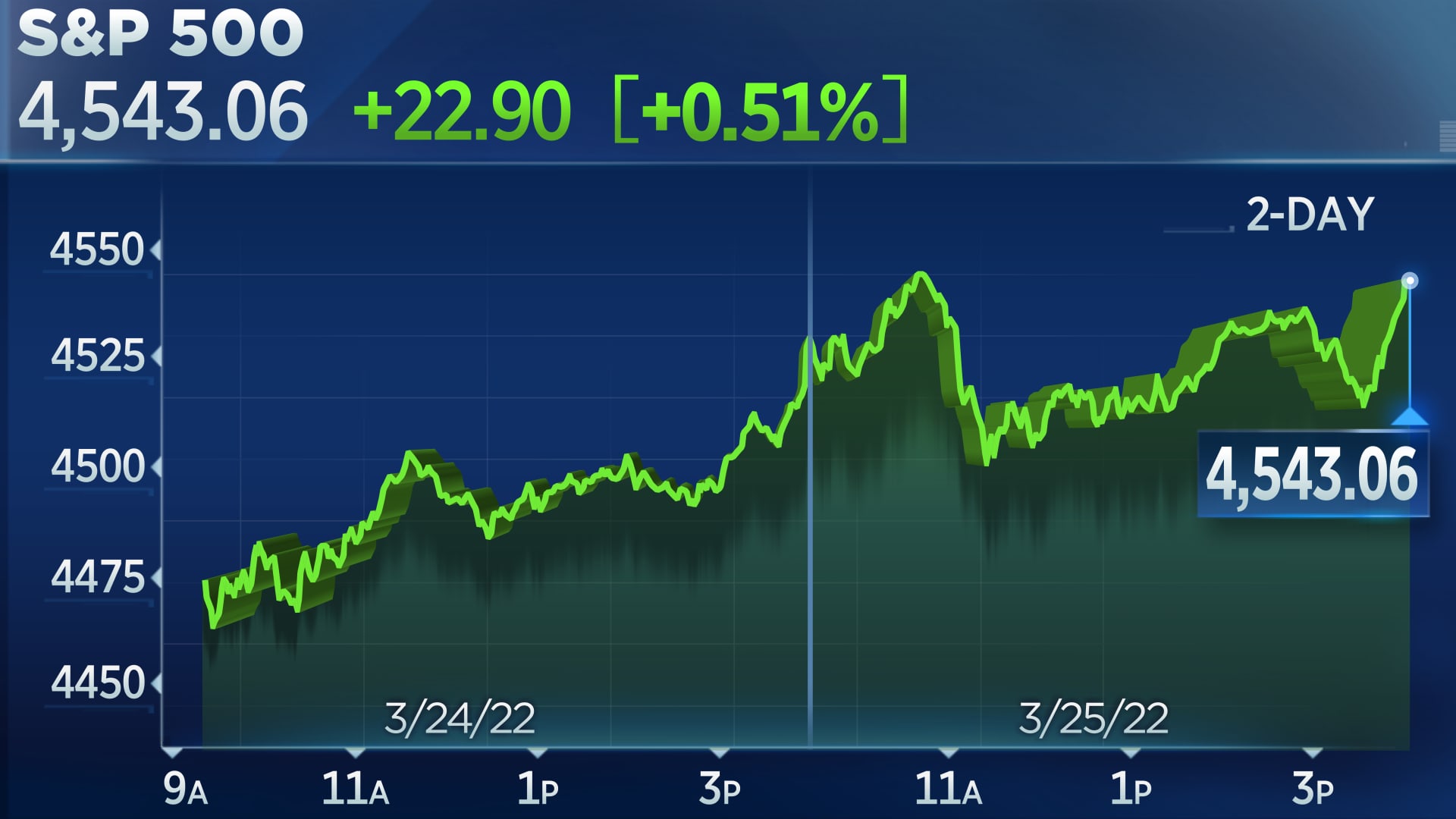


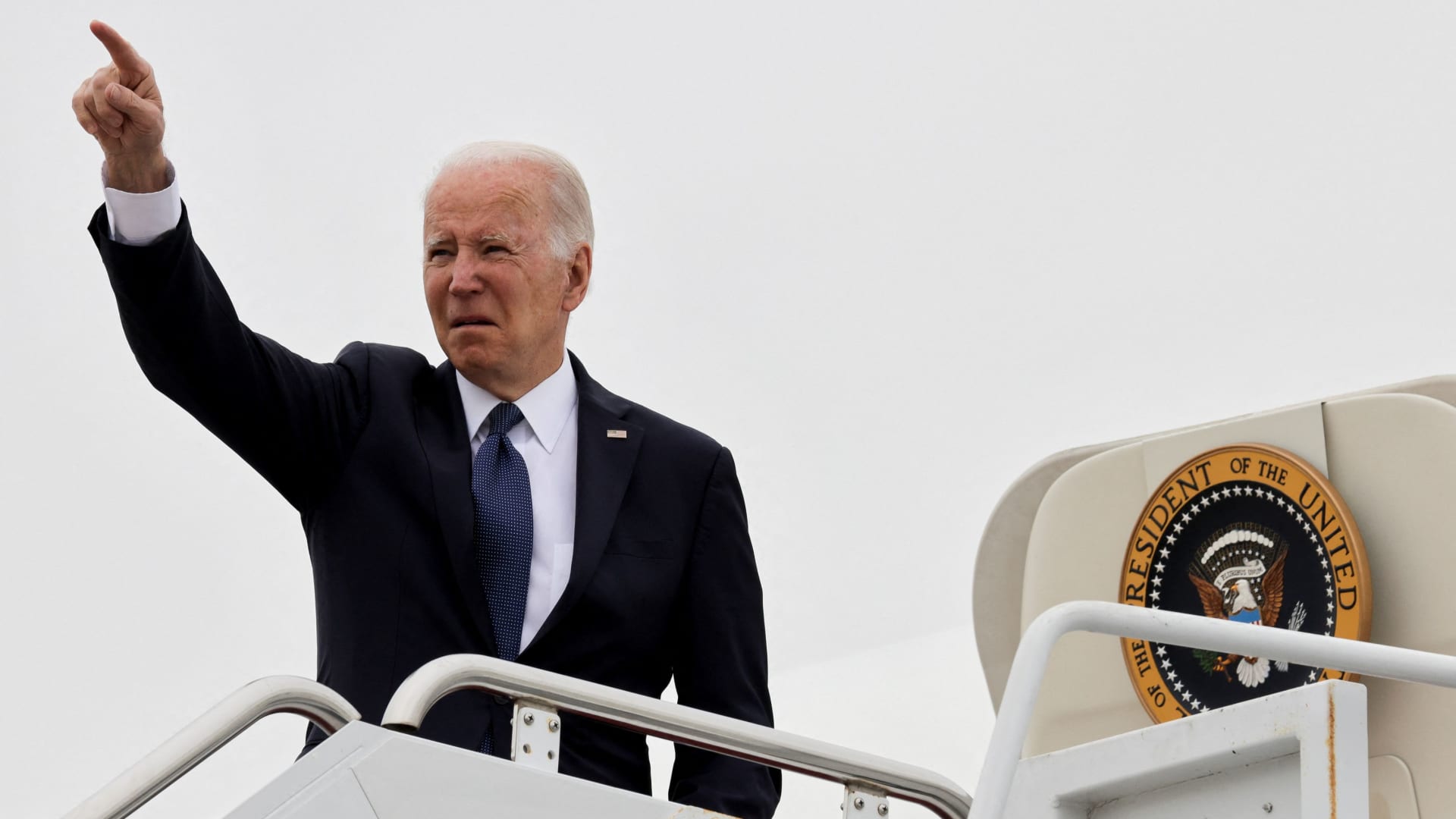






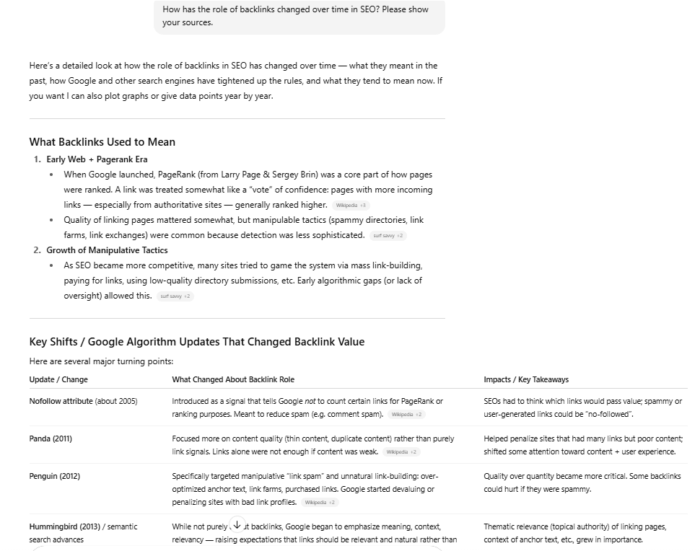









.jpg&h=630&w=1200&q=100&v=6e07dc5773&c=1)
![Maximize Your AI Visibility Before Your Competitors Do [Webinar] via @sejournal, @lorenbaker](https://www.searchenginejournal.com/wp-content/uploads/2025/09/3-1-698.png)
